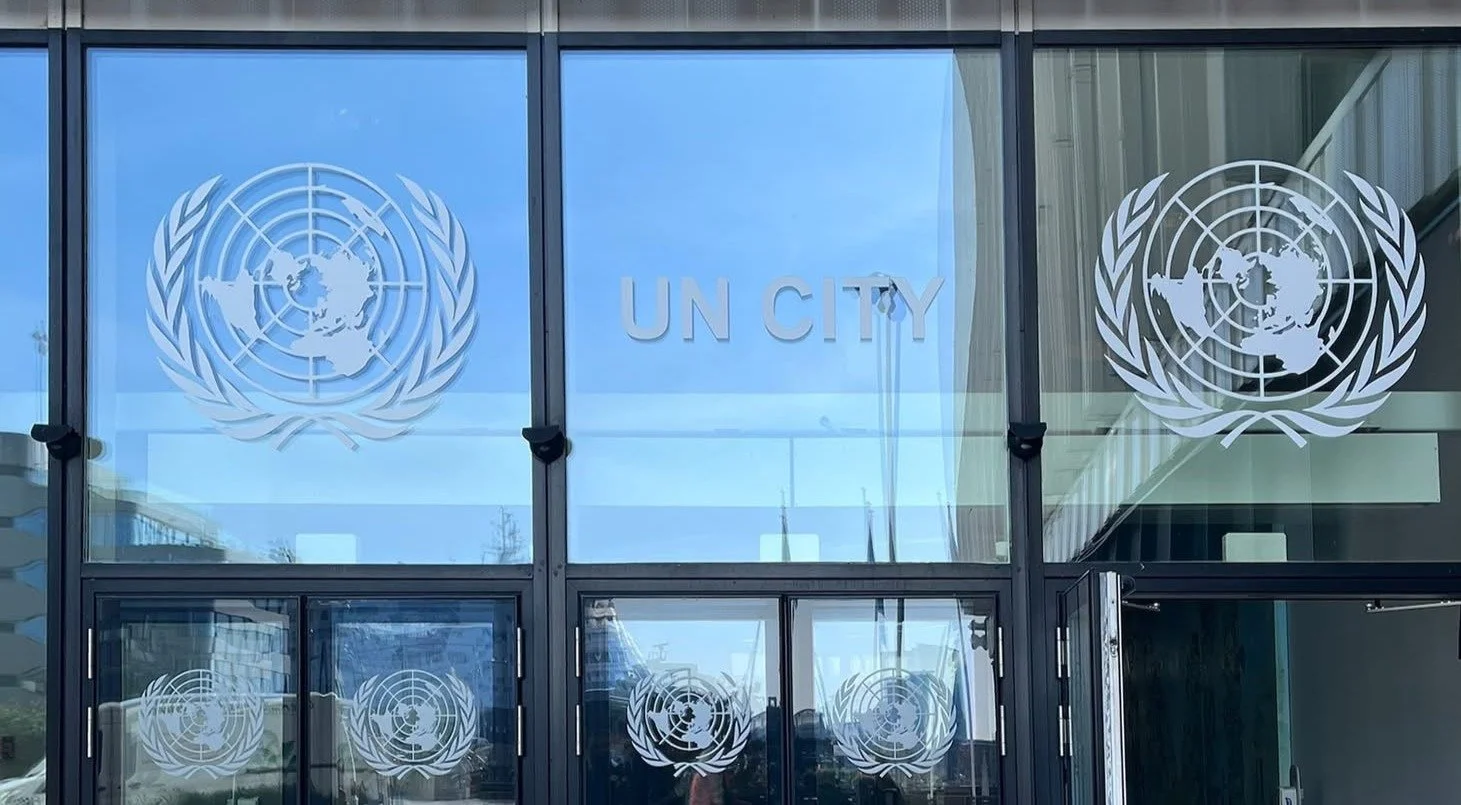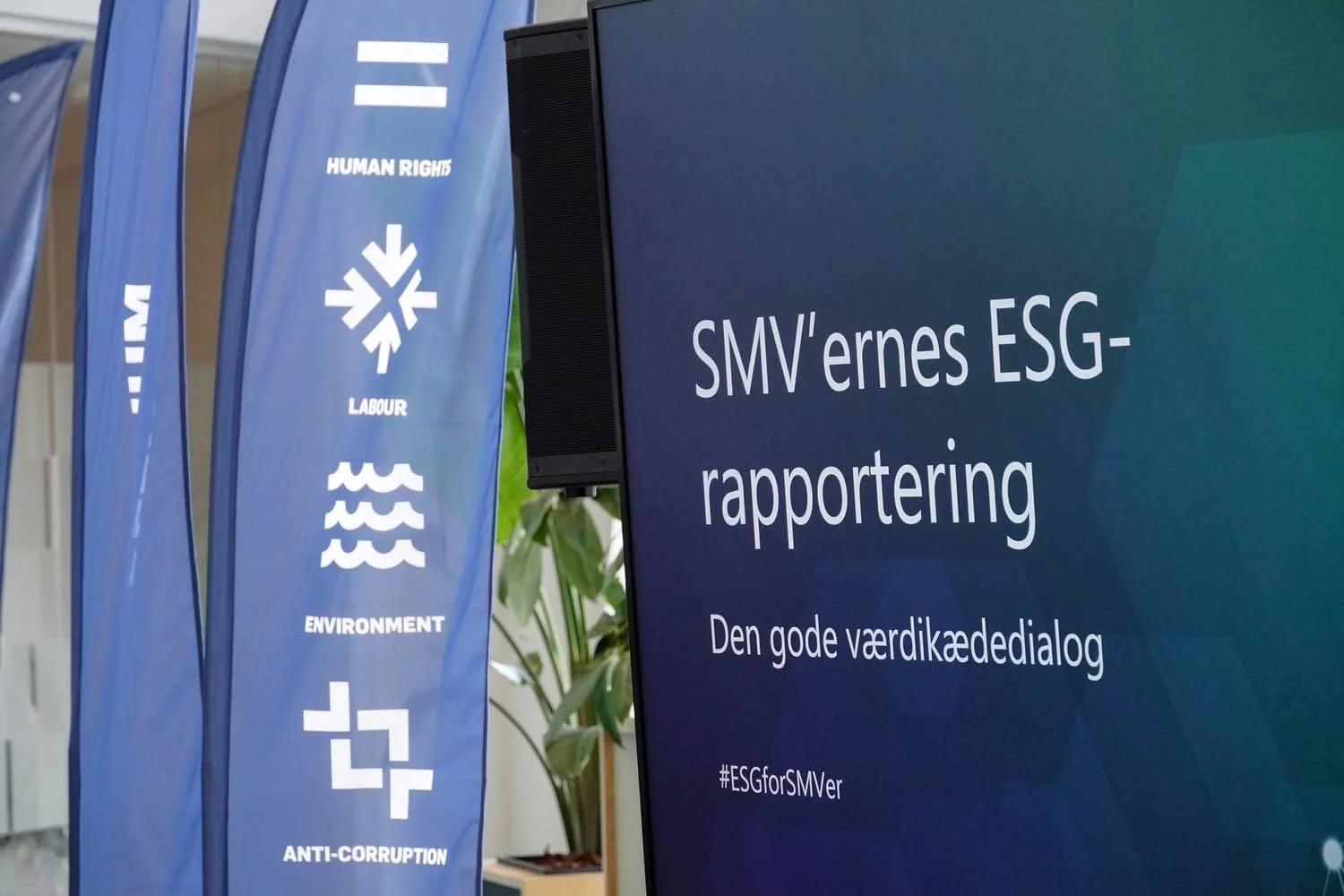UN Global Compact – what it is and how it can work for you
Since 2013, Metz A/S has been part of the UN Global Compact – the UN’s initiative for responsible business. For us, it hasn’t been about adding a logo. It has been about finding a practical framework that actually helps us structure and improve our ESG work.
If you’re considering the Compact, here’s what it is – and what we’ve learned from using it.
What is the UN Global Compact?
Launched in 2000, the Compact is the world’s largest voluntary initiative for responsible business, with over 20,000 participants.
By joining, you commit to 10 universal principles in four areas:
Human rights
Labour rights
Environment
Anti-corruption
Each year, you also report on your progress through a Communication on Progress (COP). That reporting requirement is what makes the Compact real – it’s not just about signing up, but about showing action and continuity.
What it has meant for us
Here’s where it made a difference for us – and where it could for you:
A strategic foundation. The 10 principles gave us clarity on what responsible practice actually looks like – from supply chain to stakeholder relations.
Structure and accountability. Annual COP reporting forced us to get more data-driven and transparent, both internally and externally.
Credibility in the value chain . Many of our partners request clear documentation of our responsibility efforts. Our membership and transparent reporting provide a strong signal that we take this seriously.
Shared direction. People across our company use the Compact as a compass in daily work – from product development to HR.
From SDGs to climate action
Through the Compact, we found a way to integrate the Sustainable Development Goals – focusing on the ones where we could make a real impact. It also led us to the Science Based Targets initiative (SBTi). In 2022, we committed to a validated 1.5°C climate target, based on global climate science.
Part of something bigger
Being part of the UN Global Compact also connects us to companies across industries and countries, sharing tools, insights, and experiences. That community has been as valuable as the framework itself.
How you can get started
If you’re wondering what the first steps look like – here’s our highlights:
2013: Joined the UN Global Compact. Soon after, we updated our Supplier Code of Conduct and introduced requirements for documentation and compliance. We also created a framework for managing high- and low-risk sourcing countries, ensuring transparency and accountability in our supply chain.
2014: We had already switched to 100% renewable electricity at our office location – and by 2021, this applied across all sites. This practical step immediately reduced our emissions and signaled to employees and partners that responsibility is embedded in our business.
2015: Launched our Just-in-Time concept to minimize overproduction and waste – and to go hand in hand with smarter business models.
2016: Expanded into a more comprehensive Responsible Supply Chain Management system based on UNGC principles – a system we still build on and actively use every day. It continues to guide our due diligence and supplier partnerships.
2022: Next big step with a validated Science Based Target, mapping our CO₂ emissions for the first time and committing to a reduction plan aligned with the 1.5°C pathway.
2024: We initiated the process with a double materiality assessment, leading to the first reporting on the 11 most material topics in 2025.
👉 The point: you don’t need to reinvent the wheel. The Compact gives you a ready-made framework. From there, you build in the direction – and at the pace – that fits your business.
Conclusion
For Metz A/S, the UN Global Compact has been more than principles on paper. It has been a tool that made our ESG work more focused, transparent, and credible – for employees, customers, partners, and society.
💬 Curious about how this could apply to your company? Reach out – or dive into our latest ESG & COP report.




